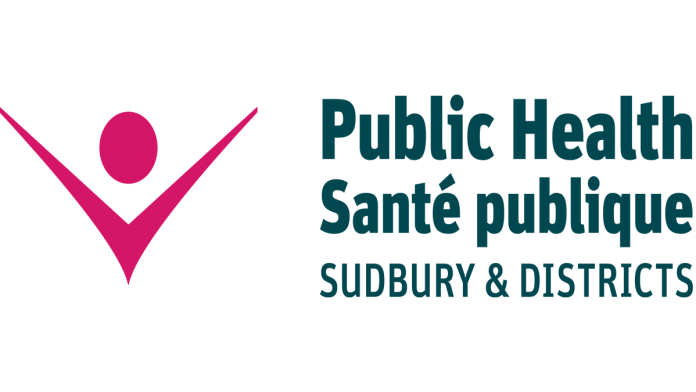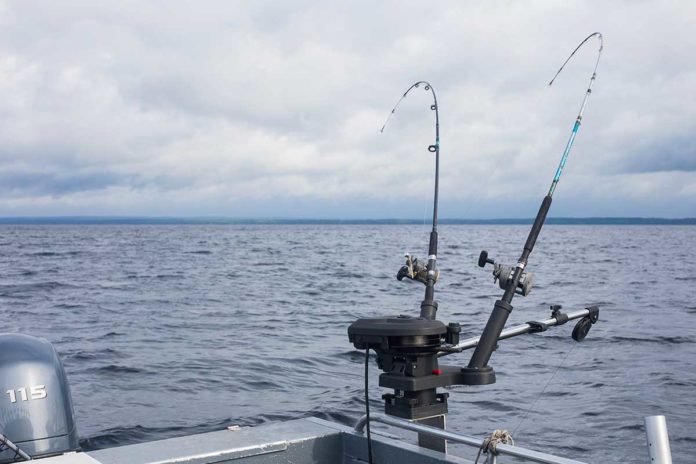LITTLE CURRENT – Mental health and addictions was identified as the number one priority risk for Manitoulin Island in Island-wide community safety and well-being plan development, with local data indicating all communities have been experiencing crisis occurrences as a result of mental health and addictions. Anxiety and depression have seen steep increases since the start of the pandemic and the opioid crisis has caused more deaths than COVID-19. A pilot project tentatively scheduled to begin this fall on Manitoulin will offer additional supports via a mobile clinic.
“Police are overwhelmed because they’re being put into a place where they have to do things that they’re not trained for, so there’s definitely stress in the system,” said Acting Chief James Killeen of the UCCM Anishnaabe Police Service.
“The mobile intervention crisis teams (MICT) and support services are excellent for helping individuals and divert calls away from the police so police can do their jobs,” Michael Tibollo, associate minister for mental health and addictions recently told The Expositor. Expanding MICTs does need to be looked at, the associate minister said. “One of the things we are doing to help support communities is a pilot project. We’re hoping September will see the start of it.”
The pilot consists of a Winnebago that is outfitted for a nurse practitioner and a social worker. “They will be able to go into all the communities for however much time they need in all the communities. They will set up a regular schedule and people will get support within their own community for mental health and addictions,” shared Associate Minister Tibollo.
The program will be for all Island communities but it will be Indigenous led. “I expect it to be overwhelmed and obviously, if it’s overwhelmed there’s going to need to be more investments in this area,” he said. There will be four units funded under the pilot project, including ones in Thunder Bay and Kenora. Each unit will be tied to a local hospital and will basically be a service provider. “The nurse practitioner can prescribe. They’ll be able to do cognitive behavioural therapy (CBT) and we’ll see what suite of services are necessary, because they’re going to change based on the part of the province they’re in.”
“We’ve always had this philosophy, and when I say ‘we’ it predates me coming into government, where we think one size fits all and it doesn’t work that way,” Associate Minister Tibollo said. “We need to tailor what services are provided based on the needs of the individual and to the resources that are available to the community. The best treatments are the ones that are served closest to home. These have the lowest recidivism rates. That’s what we need to do.”
The mobile mental health clinics were announced through the 2021 Ontario budget. Under the Roadmap to Wellness, the Ford government has announced an increase of $525 million in annualized funding for mental health and addictions support since 2019, said a spokesperson for the ministry. This includes $175 million for more mental health and addictions services and supports this year committed through the 2021 Ontario budget, $176 million invested in October 2020 and new funding of $174 million in 2019-20.
The current year’s funding will support initiatives including the creation of these four new mobile mental health clinics to provide a full suite of mental health and addictions services to individuals living in remote, rural or underserved communities. More details on how the money will be invested, and including these mobile clinics, will be announced shortly.





